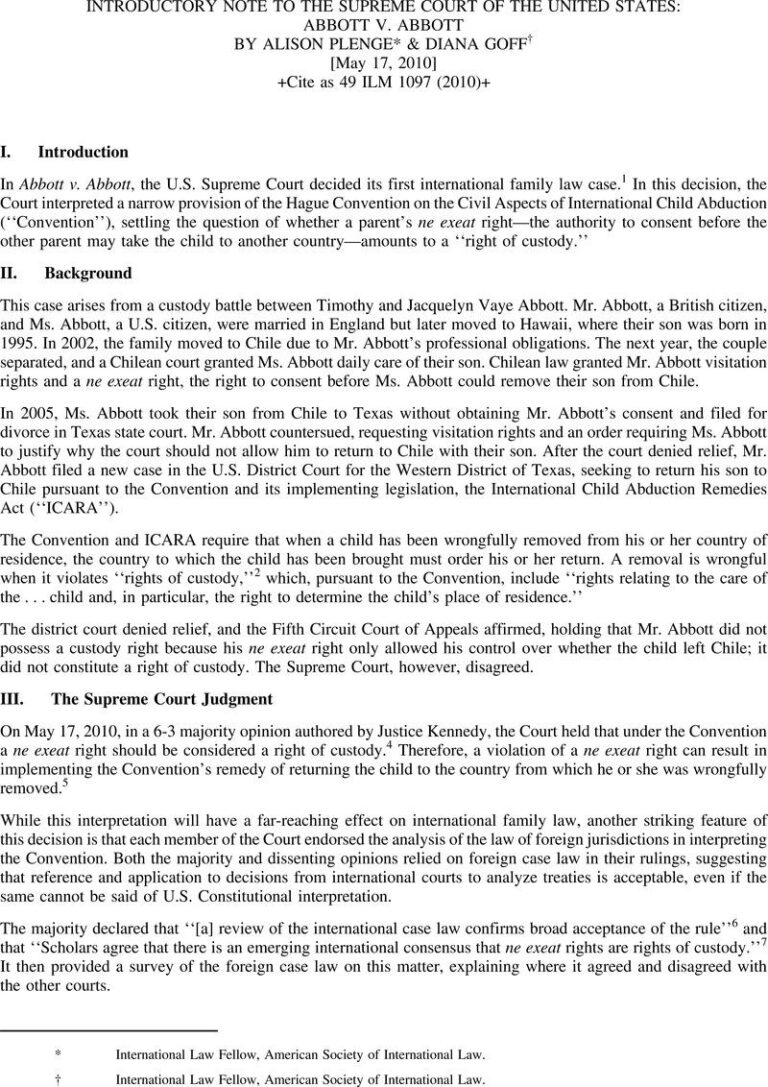Texas GOP Leaders Pursue Legal Measures to Oust Democrats Who Disrupted Quorum
Governor Abbott and Attorney General Paxton Target Quorum-Breaking Democrats with Court Action
In a decisive response to recent legislative disruptions, Texas Governor Greg Abbott and Attorney General Ken Paxton have announced intentions to initiate legal proceedings aimed at removing Democratic lawmakers who absented themselves from the state legislature to prevent quorum. This tactic, employed last month to block key Republican-backed bills, has prompted Republican leaders to argue that these Democrats have neglected their official duties. The forthcoming court cases are expected to delve into the interpretation of quorum laws alongside constitutional protections afforded to elected officials, signaling a complex judicial confrontation ahead.
Core objectives of the legal filings include:
- Official recognition that the lawmakers’ absence violates quorum requirements.
- Legal removal of those legislators deemed to have abandoned their responsibilities.
- Establishing deterrents against future legislative walkouts.
| Individual | Position | Current Role in Dispute |
|---|---|---|
| Greg Abbott | Governor | Leading the legal initiative |
| Ken Paxton | Attorney General | Filing court petitions |
| Democratic Legislators | Opposition Members | Absent to break quorum |
Legal Framework and GOP Strategy to Reinforce Legislative Attendance
Governor Abbott and Attorney General Paxton’s approach represents a novel legal tactic to counteract what they describe as a deliberate quorum-breaking maneuver by Democratic lawmakers. By seeking judicial orders to expel these officials, Republican leadership aims to restore order to the legislative process and compel lawmakers to fulfill their duties. This strategy marks a shift from traditional internal legislative enforcement to leveraging the courts, highlighting the increasing politicization of procedural rules.
The legal foundation for this action rests on several key points:
- Application of state election statutes that allow removal of officials for dereliction of duty.
- Use of court injunctions to mandate lawmakers’ return or face expulsion.
- Assertion of executive authority to maintain legislative functionality and uphold public representation.
| Focus Area | Legal Reference | Expected Result |
|---|---|---|
| Quorum Enforcement | Texas Constitution, Article III | Restoration of legislative session control |
| Legislator Removal | Texas Election Code, Section 202 | Vacancies leading to special elections |
| Judicial Orders | Court Injunctions | Compulsory attendance or removal |
Consequences for Texas Governance and Political Landscape Amid Quorum Dispute
The aggressive legal pursuit to expel Democrats who fled to prevent quorum represents a watershed moment in Texas politics. This initiative challenges the boundaries of constitutional authority and could redefine legislative accountability and party discipline within the state. The controversy may prompt lawmakers to reconsider the balance between legitimate protest and procedural adherence, potentially leading to reforms designed to curb future quorum boycotts.
Anticipated shifts in political dynamics include:
- Intensified Partisan Divides: The legal confrontations are likely to deepen polarization, as both parties mobilize supporters around competing narratives of legitimacy and rule enforcement.
- Expanded Executive Power: Governor Abbott’s proactive role signals a potential shift toward greater executive influence over legislative processes, altering traditional power dynamics.
- Electoral Repercussions: The removal of elected officials could trigger voter backlash or increased political engagement, influencing campaign strategies ahead of upcoming elections.
| Area | Potential Effect |
|---|---|
| Legislative Rules | Possible tightening of quorum regulations and introduction of penalties |
| Judicial Influence | Courts may set new precedents on the limits of legislative protest |
| Party Tactics | Increased use of legal strategies in political disputes |
Recommendations from Experts to Fortify Quorum Regulations and Prevent Future Walkouts
Political analysts and legal scholars are advocating for enhanced legislative frameworks to prevent recurring quorum disruptions. The recent unprecedented walkout by Democrats has exposed vulnerabilities in current rules, which some argue undermine effective governance. Without clearer and more enforceable standards, such tactics risk becoming a frequent obstruction tool, hampering legislative productivity.
Key reform proposals include:
- Precise definitions of quorum requirements and allowable exceptions.
- Stronger enforcement provisions with defined penalties for unjustified quorum boycotts.
- Accelerated judicial review processes to resolve quorum disputes promptly.
These reforms aim to strike a balance between protecting minority party rights to dissent and ensuring the legislature’s ability to operate effectively. They would also provide a firmer legal basis for actions like those pursued by Abbott and Paxton, reinforcing accountability within Texas’s democratic system.
| Reform Focus | Objective | Expected Benefit |
|---|---|---|
| Quorum Clarity | Define attendance rules explicitly | Minimize ambiguity and misuse |
| Enforcement Measures | Establish consequences for walkouts | Enhance legislative responsibility |
| Judicial Process | Expedite legal decisions | Prevent prolonged legislative deadlock |
Final Thoughts on the Texas Quorum Crisis and Its Broader Impact
The escalating conflict over quorum-breaking Democrats in Texas, spearheaded by Governor Abbott and Attorney General Paxton’s legal efforts, marks a critical juncture in the state’s political arena. This unprecedented use of judicial intervention to potentially remove elected officials raises profound questions about the limits of legislative protest, executive authority, and the future of political engagement in Texas. As the courts weigh in, the outcomes will likely influence not only Texas governance but also set influential precedents for legislative disputes nationwide.

